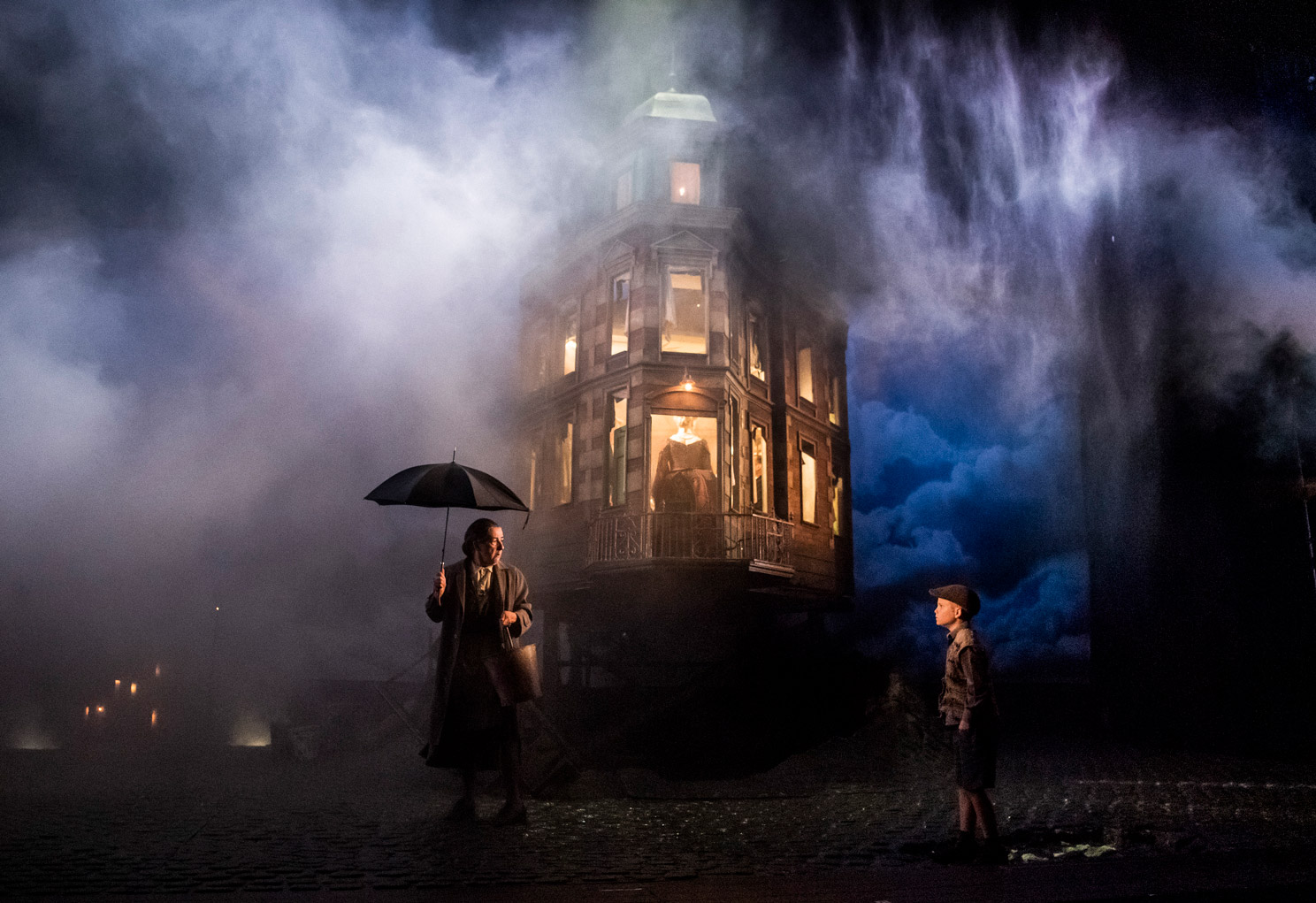

William Shakespeare Facts – Did You Know?
8 min read
Share
We’ve put together our ‘Top 10’ William Shakespeare Facts – the poet, playwright and actor who gave us the greatest love story ever told, Romeo and Juliet to The Tempest and As You Like It.
Romeo and Juliet is undoubtedly one of the most renowned plays written by William Shakespeare (Apr 26, 1564 to Apr 23, 1616). A story of two young lovers, who should not be lovers, and ended in tragedy.
Shakespeare’s principal inspiration for Romeo and Juliet was a poem by Arthur Brooke called The Tragicall Historye of Romeus and Iuliet, written in 1562. There is cause to think he may have had knowledge of the popular tale from a collection by William Painter, entitled The Palace of Pleasure, written prior 1580.
Our Top William Shakespeare Facts
Shakespeare Fact 1 – Shakespeare’s Birthplace
William Shakespeare was baptized on April 26, 1564, in Stratford-upon-Avon, just three days before the Stratford parish register recorded an outbreak of the plague.
Shakespeare Fact 2 – The Original [Title] Romeo and Juliet
The superior Q2 called the play The Most Excellent and Lamentable Tragedie of Romeo and Juliet. It was printed in 1599 by Thomas Creede and published by Cuthbert Burby. Q2 is about 800 lines longer than Q1.
Scholars believe that Q2 was based on Shakespeare’s pre-performance draft (called his foul papers) since there are textual oddities such as variable tags for characters and “false starts” for speeches that were presumably struck through by the author but erroneously preserved by the typesetter. It is a much more complete and reliable text and was reprinted in 1609 (Q3), 1622 (Q4) and 1637 (Q5).
Shakespeare Fact 3 – Most Popular Play [Romeo & Juliet]
Romeo and Juliet, alongside Hamlet, is probably Shakespeare’s most performed play.
Out of the 4081 strong – and growing – sample of writers YouGov collects data on, William Shakespeare is the third most popular, slightly below contemporary classics JK Rowling and Terry Pratchett but above Tolkien, Orwell, Roald Dahl and Dickens – not bad for someone born 452 years ago.
Romeo and Juliet tops the popularity list, but interestingly is far more popular among 18-24s. Fully 72% of the youngest generation know this play, owing surely to Baz Luhrmann’s screen adaptation starring Leonardo DiCaprio. Among over-65s Midsummer Night’s Dream is the most popular play, while the Merchant of Venice is an equal to Romeo and Juliet and Macbeth.
Shakespeare Fact 4 – The King of Romance
Romeo and Juliet was Shakespeare’s first play about romantic love.
The play, set in Verona, Italy, begins with a street brawl between Montague and Capulet servants who, like their masters, are sworn enemies. Prince Escalus of Verona intervenes and declares that further breach of the peace will be punishable by death. Later, Count Paris talks to Capulet about marrying his daughter Juliet, but Capulet asks Paris to wait another two years and invites him to attend a planned Capulet ball. Lady Capulet and Juliet’s nurse try to persuade Juliet to accept Paris’s courtship.
Shakespeare Fact 5 – Bitter Denunciation
The first playwright reference to Shakespeare is in a pamphlet by Writer Robert Greene, he wrote, a bitter denunciation of “an upstart crow” who “with his tiger’s heart wrapped in a player’s hide, supposes he is as well able to bombast out a blank verse as the best of you”. In a first reference to Shakespeare working as a playwright – maliciously twisting a line from Henry VI Part III to accuse its author (a mere “player”) of stealing tricks from his well-educated betters.
Shakespeare Fact 6 – Most Quoted Writer
Well, second – the only more widespread source of reference material is the writers of the Bible. Shakespeare’s influence on the English Language is immeasurable. Well, actually no, linguistic scholars have estimated it and claimed him to be the second most quoted writer in the English language.
Shakespeare Fact 7 – All In A Signature, Isn’t It?
Some of Shakespeare’s signatures have survived on original documents. In none of them does he spell his name in what has become the standard way. He spells it Shakespe; Shakspe; Shakspere and Shakespear.
Shakespeare Fact 8 – Family Life
William Shakespeare and Anne Hathawy conceived three children a son, Hamnet, and two daughters, Susanna and Judith. Hamnet and Judith were twins.
Shakespeare Fact 9 – The Second-Best Bed
In January 1616, William Shakespeare and his lawyers drew up his will; it is believed in March of that year, last-minute changes were made – surprisingly cutting his daughter Judith (her marriage he seemed to disapproved of) out of the will, and bequeathing his 61-year-old wife his “second best bed”. Impressed, we imagine not!
Shakespeare Fact 10 – Shakespeare’s Death
Shakespeare lived to 52. It is known that he was born in April 1564 and that he died on 23 April 1616. The cause of Shakespeare’s death is a mystery, but an entry in the diary of John Ward, the vicar of Holy Trinity Church in Stratford (where Shakespeare is buried), tells us that “Shakespeare, Drayton, and Ben Jonson had a merry meeting and it seems drank too hard, for Shakespeare died of a fever there contracted”.
Shakespeare Plays
A list of William Shakespeare plays
Comedies
- The Tempest
- The Two Gentlemen of Verona
- The Merry Wives of Windsor
- Measure for Measure
- The Comedy of Errors
- Much Ado About Nothing
- Love’s Labour’s Lost
- A Midsummer Night’s Dream
- The Merchant of Venice
- As You Like It
- The Taming of the Shrew
- All’s Well That Ends Well
- Twelfth Night
- The Winter’s Tale
- Pericles, Prince of Tyre
- The Two Noble Kinsmen
Histories
- King John
- Richard II
- Henry IV, Part 1
- Henry IV, Part 2
- Henry V
- Henry VI, Part 1
- Henry VI, Part 2
- Henry VI, Part 3
- Richard III
- Henry VIII
- Edward III
Tragedies
- Troilus and Cressida
- Coriolanus
- Titus Andronicus
- Romeo and Juliet
- Timon of Athens
- Julius Caesar
- Macbeth
- Hamlet
- King Lear
- Othello
- Antony and Cleopatra
- Cymbeline
Also see
- Chronology of Shakespeare’s plays
- Elizabethan era
- List of Shakespearean characters
- Shakespeare on screen
- Shakespeare’s late romances
- The Complete Works of William Shakespeare
- Music in the plays of William Shakespeare
- Fantastic For Families events























